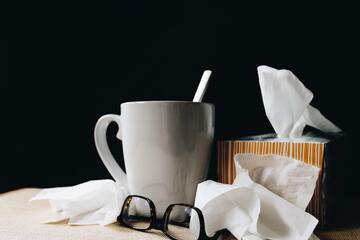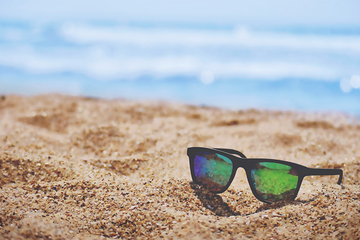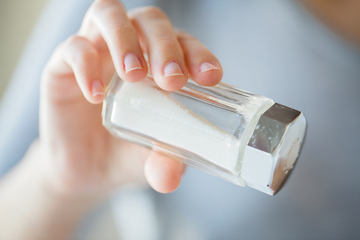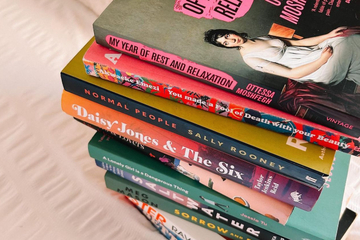What is hay fever?: Symptoms of allergies and tips for treatment
As soon as winter ends, hay fever enters the fray. It's frustrating, but not debilitating. That's especially true if you have an understanding of what it is, its key symptoms, and the treatments available. Here's what you need to know.
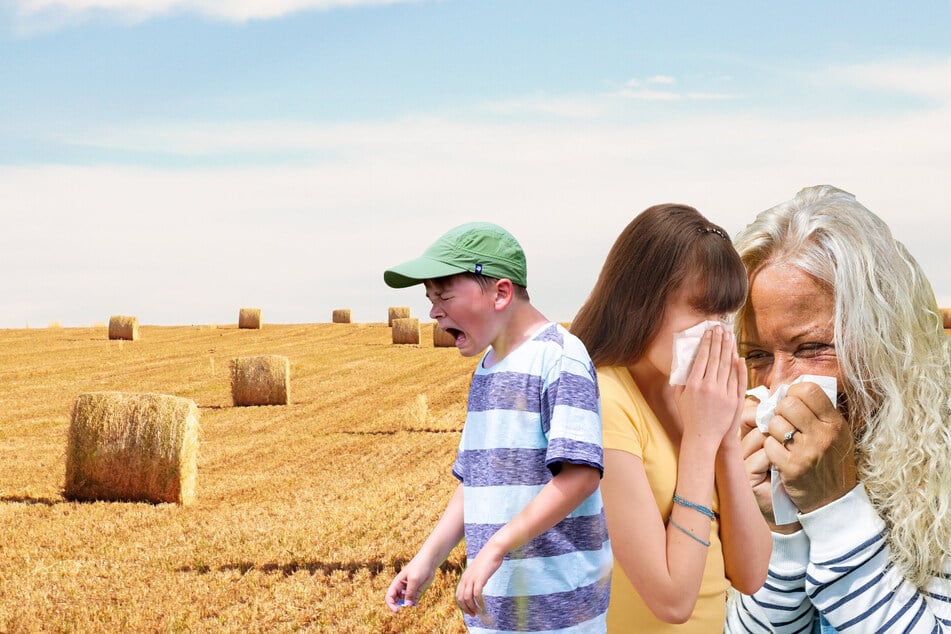
Achoo!
We've all been there: tissue in hand and tears rolling down our cheeks from those puffy eyes and allergies that never seem to go away.
It's hay fever season, folks. That can mean a continuously runny nose, itchy eyes, and intense sneezing attacks, but is there anything that you can do about it?
TAG24 is here to help about your health with a dive into the symptoms and treatment of hay fever.
What is hay fever, and what causes this nasty spring-time affliction? Let's dive in!
Important disclaimer: We here at TAG24 do our best to provide you with good advice, but we're not doctors. In this article we will provide you with some basic context and information, but this should not be taken as medical advice. If you are suffering badly from hay fever, it's time to visit your doctor!
What is hay fever?
If you've ever heard of or experienced allergies, you'll know what hay fever is. Seeing as it effects around 20% of humanity, it is something that, to many of us, is just a simple fact of life.
So what is it exactly? Hay fever is a health condition and reaction triggered by an allergy to pollen.
During certain times of the year, particular pollen particles are in great abundance, floating through the air like an invisible invasion of sneeze-producing dust. Don't worry too much, though, as hay fever is a pain in the backside, but not much more. It isn't deadly, but can get more serious if it is coupled with a condition like asthma.
What causes hay fever?
Hay fever is generally caused by the release of pollen during spring time. The various symptoms that appear when an allergic reaction takes place are due to the inhalation of these tiny little floating demons. Additionally, there are a number of other hay fever triggers.
There are a number of potential causes of hay fever:
- Tree pollen (in spring)
- Grass pollen (in spring and summer)
- Weed pollen (in autumn)
- Dust mites
- Mold
- Pet fur and hair
Fun fact: People will generally suffer less from hay fever as they get older, but this is by no-means guaranteed. On top of that, different people will be triggered by different kinds of pollen.
Is hay fever contagious?
Hay fever is a condition entirely based on allergies, and is not contagious at all.
While its symptoms are sometimes similar to those of a flu or cold, you cannot give another person hay fever. What can happen, though, is that hay fever sneezes could spread other illnesses you may have. In other words, if you have the flu then your hay fever could spread the flu.
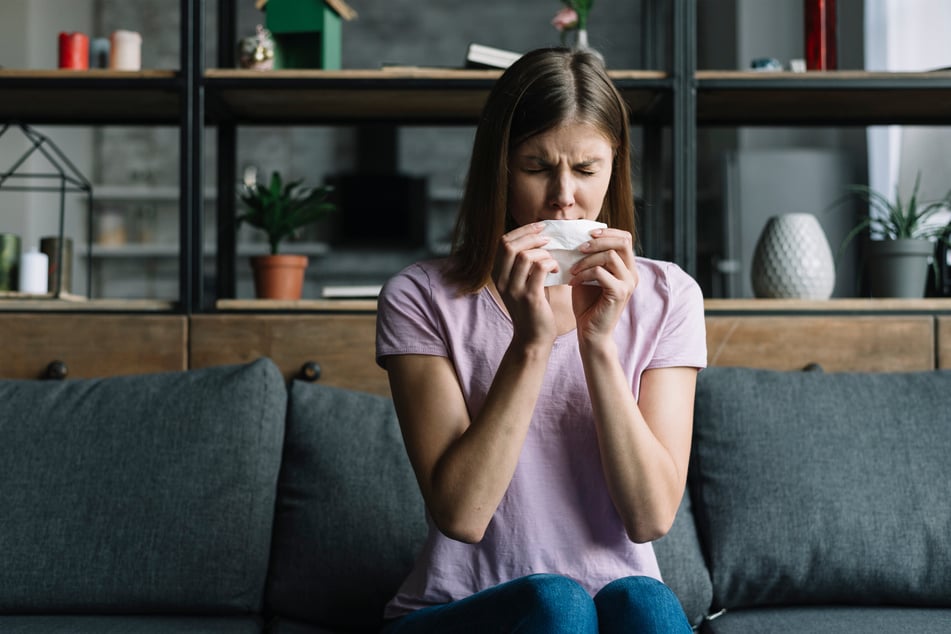
Hay fever symptoms
Hay fever has a variety of different symptoms, as each person is different, and each person will experience things differently. Indeed, many of these symptoms are similar to those of things like Covid-19 or even the flu, but are significantly different in their cause and implications.
Here are the most common symptoms of hay fever:
- Intense sneezing attacks
- Constantly running nose
- Blocked nose
- Rough and dry cough
- Itchy throat
- Inflamed nose
- Red, itchy eyes that are often watering
- Headaches
- Extreme tiredness
- Ear aches
The most important symptom to look out for is a shortness of breath, especially if you have asthma. This could get worse and indicates the need for a doctor's visit.
How long does hay fever last?
Hay fever can be a regular occurrence all the way through spring and summer, with each individual attack generally taking about 20–30 minutes from beginning to end. It's incredibly important to note that some people with have particularly nasty hay fever which will become nearly constant throughout these seasons. Such individuals should go and get proper treatment.
While fits of hay fever don't generally last too long, there isn't really a limit on how often these fits are. Many people will suffer immediately after walking outside, others will be triggered by certain particles that have made their way indoors. Everyone's experience of hay fever is different, including triggers, symptoms, and length.
Hay fever symptoms vs Covid-19
The last couple of years have been stressful for hay fever sufferers who don't want to mistake Covid-19 for hay fever. Luckily for you, there are a couple of major differences to watch out for.
As Dr Gordon Sinclair, Clinical Chair of NHS Leeds Clinical Commissioning group, explains: "The main symptoms of coronavirus are a high temperature, new continuous cough, or loss of smell or taste. People may also feel quite unwell... While the symptoms of coronavirus and hay fever can overlap, people with hay fever don’t experience a high temperature and most won’t feel unwell."
In general, people suffering from hay fever will have milder symptoms, such as red and itchy eyes and a constant sneezing, rather than the harsh coughs and fevers that characterize Covid-19.
Important: If you know that you have hay fever but are unsure whether you might also have Covid-19 (for example, if you have developed a fever), or if you are just generally uncertain, it is best to get tested and stay away from others.
Hay fever treatment
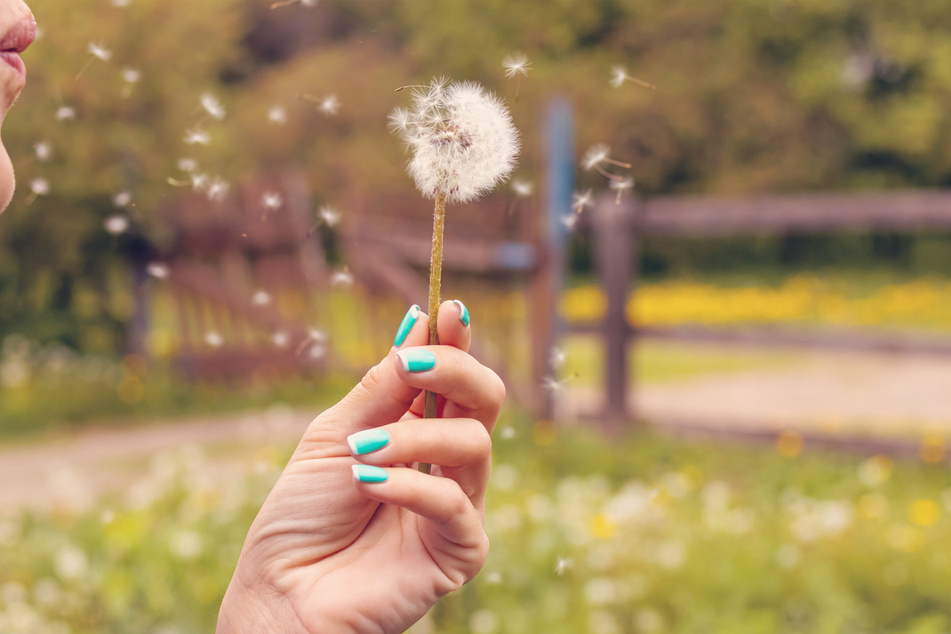
Your best bet for hay fever treatment is to get yourself some medicine, as it is extremely hard to avoid inhaling pollen and other allergens when out and about.
It's important to be careful, though, as conditions like hay fever (particularly ones caused by pollen) can, on rare occasions, be a contributing factor towards the development of asthma.
As a result, here are a number of ways to avoid hay fever if you can:
- When outside make sure to wear wraparound sunglasses
- Stay indoors when the pollen gets too intense
- Take regular showers and change your clothes every day
- See your doctor about potential medications or antihistamines
As you can see, there is very little to be done when it comes to preventing hay fever. Your best bet is good medication that will reduce the symptoms when spring and summer come around...
Best medicine for hay fever
There are two main types of hay fever treatments, each of which do different things to reduce the symptoms. Sadly there is no way to totally prevent an allergic reaction, so your best bet truly is to take some medicine and reduce the symptoms you have to deal with.
Here are the main two medicines you can take for hay fever:
- Antihistamines: These particular drugs are used to treat a variety of allergy symptoms, not just hay fever. They work by blocking the specific effects that the allergen causes on your body. So if your primary symptom is sneezing, you should see a reduction in this particular trait with this type of medicine.
- Corticosteroids: These man-made hormones are consumed as tablets, injections, as an inhalation, or via a gel or cream. They treat a variety of different conditions and are very effective against hay fever.
Warning: Don't take any medicine without consulting a medical professional. This is purely an informational page, and we are not making recommendations.
How to stop hay fever immediately
There is no way to stop a hay fever attack immediately. Most medicines will work cumulatively, requiring you to consistently take a certain pill over a number of days before improvements can be expected. While there are quick-relief pills, they are generally not too effective. Speak to your doctor or pharmacist before trying them.
How to cure hay fever permanently
While there is some medical evidence that allergies can get a little better as you get older, there is no permanent cure for hay fever. Sadly, those of us who suffer may continue to do so. It's a good idea to figure out what medications work best for you, and starting taking them early to avoid the worst symptoms.
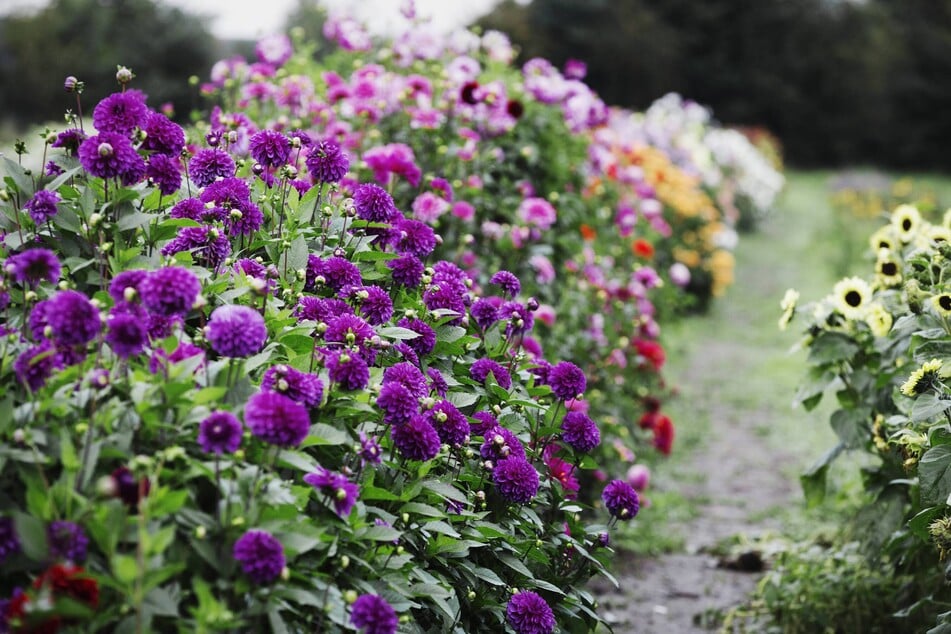
When is hay fever season?
Hay fever gets particularly bad in spring, between March and June, due to the sudden release of pollen.
It then continues to be an issue throughout summer, but subsides in autumn and is nearly a non-factor in winter. You will find that once the temperature heats up, your hay fever will warm up too.
Fun fact: In the Southern Hemisphere, things are almost exactly the same. The only difference is that spring and summer come at a different times, making peak hay fever season between September and December.
If you suffer from hay fever, there are solutions
We who struggle with hay fever can often be heard shouting in frustration, as if into an abyss. While there is no real way to solve hay fever permanently, it's possible to push through spring and summer with minimal symptoms. Antihistamines are, for many, the key to this relief.
Your doctor is the best hope you have to feel better. If you're struggling badly, get some advice, and apply some preventative measures to help reduce discomfort.
Cover photo: Federico Faccipieri / Unsplash (background) & IMAGO / C3 Pictures (boy) & IMAGO / Design Pics (girl) & IMAGO / Panthermedia (woman) & TAG24 Edit

